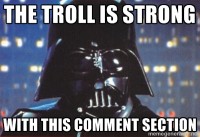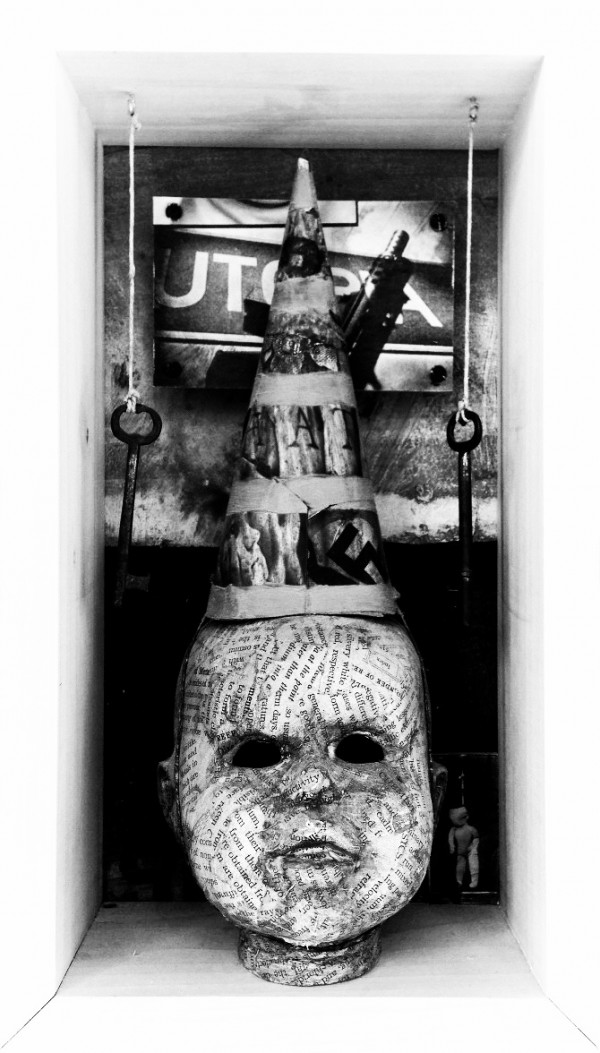Artwork via CARGO COLLECTIVE
PHILADELPHIA MAGAZINE: Reader commenting on Philly.com has also been around since the late ’90s, but it wasn’t until 2008, following years of internal deliberations and successive regime changes, that the site went all-in and began allowing readers to talk back at the bottom of every article. “Journalism had been a one-way conversation for too long,” says one Philly.com staffer. “It was a good idea to open the door and allow the public to start commenting on our work.”
Well, on paper, maybe. In practice? Not so much. There was some recognition from the get-go that there was going to have to be policing of the comments, to keep salty language out. The front door of Philly.com is guarded by a word filter—like a bouncer at a fancy nightclub—that bars entry to commentary containing the obvious objectionables: curse words, racial slurs, crude pornographic euphemisms, “hundreds and hundreds of words and phrases, some of which I’d never even heard before,” in the words of one former Philly.com staffer. But Philadelphians have ample talent for being shockingly offensive without the help of the F-bomb and the N-word.
“Every now and then,” says another former Philly.com staffer, “we would get a call from the big bosses asking us to delete this or that offensive comment. One time we got a call from [former owner Brian] Tierney wanting to know why there was a comment up on the site that mentioned his wife by name and a reference to ‘ATM.’ We were like, ‘Okay, who’s going to tell Brian Tierney what ATM stands for?’”
The only way to guarantee that no offensive reader comments go up is to have human moderators monitor each and every one. Philly.com averages one new comment a minute.
One option is to do what the San Francisco Chronicle, NPR, the Boston Globe and the Gannett chain have done: outsource comment moderation to companies like eModeration and ICUC, which can charge upwards of $40 an hour ($350,000 a year) for 24/7 moderation—a necessity, given that the worst comments invariably arrive in the dead of night.
Thus far, that’s a road Philly.com hasn’t elected to take. Instead, it continues to rely largely on readers to flag objectionable stuff. The downside is that heinous comments can remain on the site, in full public view, for hours, days, even weeks, before disappearing. Moderating the comments on a news portal fed by two city newspapers is a bit like trying to lifeguard a hundred shark-infested pools at the same time. And as the old Pink Floyd song goes, every day the paperboy brings more. MORE

